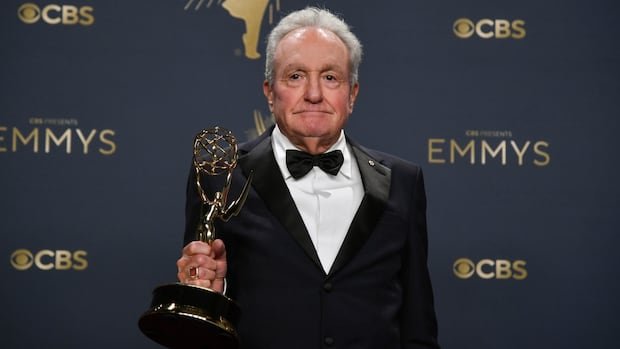On September 22, 1975, Sara Jane Moore, aged 45, left her son at his school in San Francisco, went to a private gun dealer, and, as she later described it to the Los Angeles Times, she carried out a “kind of ultimate protest against the system” by brandishing a .38-calibre pistol outside a hotel later that day, aiming at then-President Gerald Ford but missing in two attempts.
Moore, who had a background of mental health issues but had become involved in radical left-wing circles, was not the only woman to make an attempt on the president’s life that month. Lynette (Squeaky) Fromme, a former follower of Charles Manson, was stopped by a Secret Service agent 17 days earlier in Sacramento as she pointed a gun at Ford.
Moore, whose death at 95 was recently reported, maintained that she was not influenced by Fromme. She admitted guilt, while Fromme, similar to Ryan Routh convicted this week of attempting to assassinate Donald Trump, was a somewhat disruptive defendant. Both women served lengthy prison terms and were released in the late 2000s.
On October 25, 1975, a new NBC late-night comedy show aired its third episode. A sketch on the show produced by Lorne Michaels, a young Canadian, featured Laraine Newman as a guest on a talk show impersonating Fromme, with Jane Curtin as the interviewer. The sketch concluded with Curtin teasing Moore as the next purported guest on the show the following week.
The rich history of the early years of Saturday Night Live, documented in various books and TV features, includes tales of clashes between the show’s cast and writers with NBC censors, along with stories of affiliates perplexed by the show’s humor. Despite the Fromme sketch, there was no significant outcry or response from the Federal Communications Commission (FCC) at the time.
As SNL embarks on its 51st season on October 4, the late-night landscape has evolved significantly, not just from the show’s inception but even since its last episode in mid-May. It has been announced that Stephen Colbert’s CBS show will end in May 2026, while Jimmy Kimmel faced a week-long suspension for remarks made on his ABC show following the death of Charlie Kirk.
Previous FCC chairs have operated in relative obscurity, but Brendan Carr has expressed views on what he perceives as liberal bias in political news shows and entertainment programming. Meanwhile, Trump, now back in office, has openly expressed hope that the issues with Colbert and Kimmel will lead to the cancellation of NBC’s late-night shows hosted by SNL alumni Jimmy Fallon and Seth Myers, produced by Michaels.
Kimmel, upon his return to ABC but not on various local affiliates, criticized Trump for applauding the potential job losses of individuals working on the NBC shows. The media landscape of 1975 and 2025 differs significantly, but the reactions of Trump and Ford to SNL, among the nine presidents satirized by the show, present a stark contrast.
SNL found its audience early on with boomers, teens, and young adults seeking new TV content, and Chevy Chase’s portrayal of Ford was a highlight. Despite Ford’s athletic background, the show’s writers delighted in placing the character in comical situations, with Chase engaging in elaborate physical gags.
Ford’s press secretary, Ron Nessen, recalled watching an SNL episode in January 1976 and subsequently engaging in light-hearted banter with Chase at gala dinners. Ford displayed good humor about the sketches, as noted by Michaels and Chase upon the former president’s passing.
Ford’s decision to host SNL in 1976, amid residual backlash from Nixon’s resignation, did not have the intended effect, as recounted by Ford and Nessen in their memoirs. Some cast members and writers wanted to be more critical in that episode, highlighting the changing comedic landscape.
Portrayals of presidential candidates have continued on SNL over the years, with appearances even being referenced in political debates. The show’s handling of national tragedies and political satire has varied, with Michaels adapting to the evolving comedic sensibilities of the cast and current events.
Trump’s criticism of SNL over the years has been harsher than Ford’s response to the Nessen-hosted episode, reflecting the changing dynamics in political satire and media. The show’s treatment of politicians and national events continues to evolve under Michaels’ leadership, navigating the complexities of humor and political commentary.


